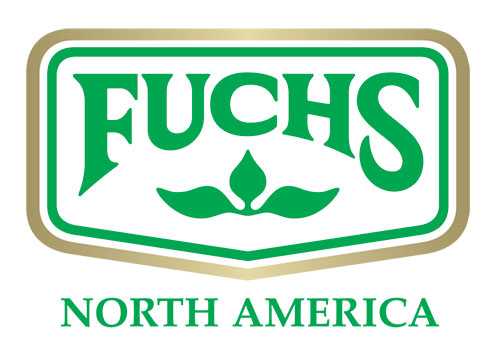With 2020 finally behind us, we’re continuing to look ahead at the trends that will shape the food industry in 2021. This week we’re looking at a trend that has been driven by not only the pandemic, but also the growing influence of Gen Z: food waste reduction.
Food waste has long been an issue from both a global and national perspective. For years, activists have called attention to the paradoxical nature of this problem: there’s a growing hunger crisis, but also a surplus of food that ends up wasted. Some food companies have answered this call with partnerships with food banks, while others have taken more creative approaches, offering products that feature ingredients that would otherwise be discarded. Undoubtedly, the ongoing COVID-19 pandemic has underscored the importance of addressing the hunger crisis, while concerns from a younger and more environmentally conscious generation has fueled the push to reduce waste. There will be a renewed focus on addressing food waste in innovative socially and environmentally conscious ways in 2021, giving rise to several influential trends.
Upcycling in Demand

Gen Z is beginning to have more spending power, and thus more influence on the market. Given the importance this generation has placed on sustainability, expect the demand for upcycled products and menu items to increase substantially. There will be an impetus for brands and foodservice establishments alike to respond by introducing these types of products to the market.
Unwanted No More
Environmentally conscious consumers are not only looking for products that utilize unwanted food items, but they’re also interested in buying imperfect or “ugly” produce and ingredients for at home consumption. A few brands have already capitalized on this trend, finding homes for unwanted produce through subscription-based programs. Products that previously would have been passed over are attractive to these consumers who value waste reduction. Brands that allow consumers to live out their values and participate in waste reduction will continue to rise in popularity as Gen Z pushes for more sustainable, environmentally friendly practices.
As the pandemic continues, getting food into the hands of those who need it is of the utmost importance. Therefore, more brands will work on partnering with food banks, while foodservice establishments will focus on reallocating excess instead of disposing of it. With these needs increasing, new technologies will be dedicated to helping to reduce waste by matching organizations that address food insecurity with restaurants and food companies that have a surplus. Younger consumers who value socially conscious brands will be paying attention, looking to support companies that help meet the needs of the community.
Need help navigating flavor trends and consumer preferences? Our experts are here to help. Contact us today!



 For more information about Fuchs North America's products and programs that support food manufacturers in their product development needs, please
For more information about Fuchs North America's products and programs that support food manufacturers in their product development needs, please